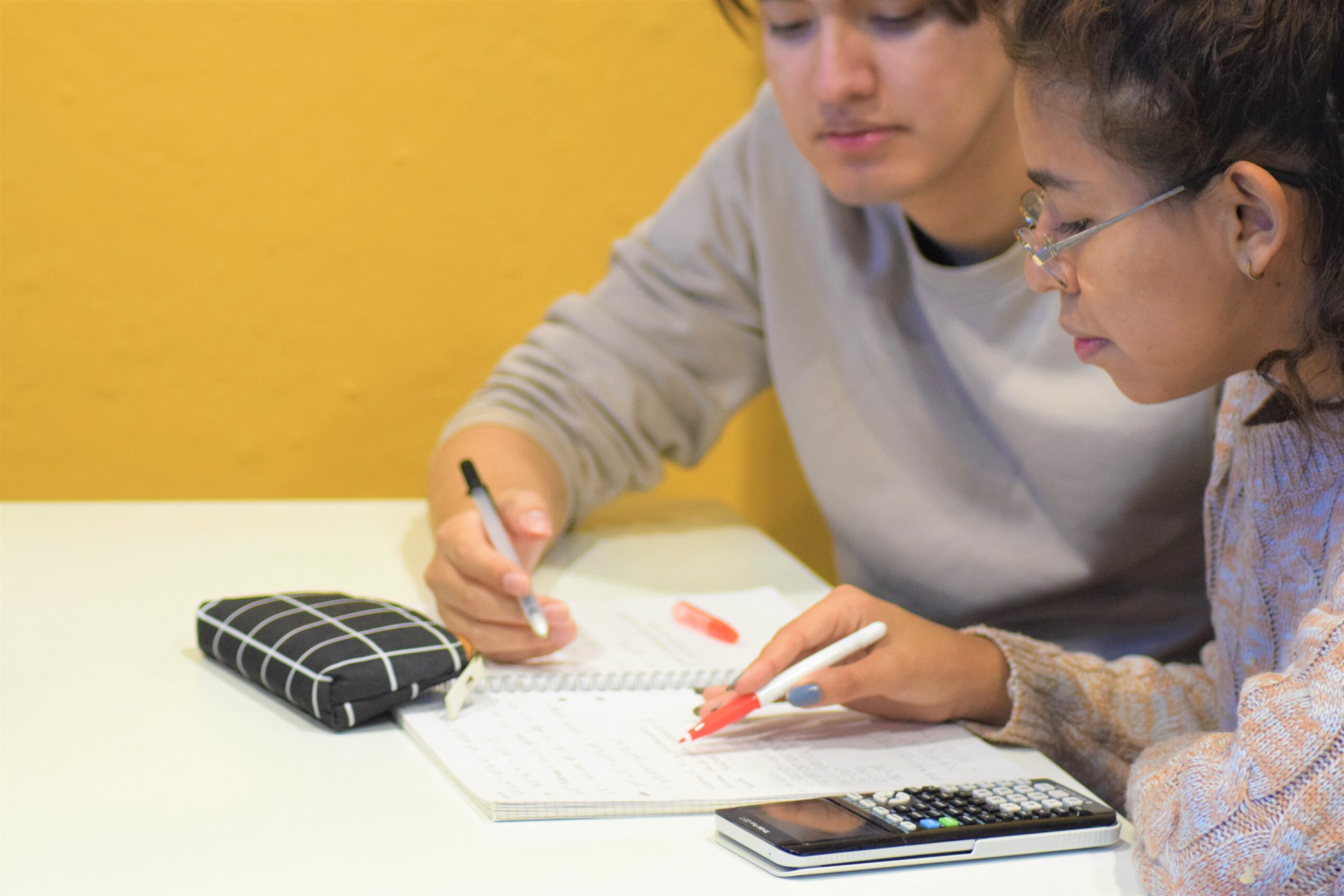With exams around the corner, many students are stressed out and anxious about studying and performing well to get their desired grades. Pulling an all-nighter, reviewing notes last minute, negative thinking – these habits are relatable during exam week. However, these may be counterproductive; they could do more harm than good.
It is not always easy for students to know what kind of study techniques would probably work for them. There is no one-size-fits-all approach to studying or preparing for exams. Nevertheless, it is always best to learn where to start.
To get some tips and advice, EDIT reached out to Håkan Fleischer, who has a PhD in Pedagogy and author of Studieteknik: Så lyckas du med dina studier.
What are the most common mistakes that students make when studying for exams?
Cramming the last day – it simply doesn’t help. Getting into great detail before getting the picture right is also a common problem. First, form the great picture, and then fill in the details. Another problem (that relates to cramming) is an over-optimistic reading schedule. And/or in combination with starting too late.
What are some effective ways to prepare for exams?
Research shows that flashcards are a great way to prepare for exams. Search for flashcard applications in app store/google store. Another good way is to have a study buddy and create tests for each other. Surely, old exams can be a help, but the actual forming of questions also helps to form knowledge. Another tip is to rehearse notes in different places and situations, and not only in your study room. Take your notes for a walk!
What are some strategies to manage stress and anxiety that often come before and during exams?
Train relaxation BEFORE exam. Research tells us that the body needs to be trained to relax, for example, breathing exercises. After a while, the body learns to recognize a more relaxed state of mind and can orient towards it on its own or only with little help. Another way to take the stress away is to plan and follow your planning. If you have severe problems with stress anxiety, Mindfulness, ACT or CBT could be a pathway. If you feel that it could be that you need help, contact the student health care for consultation.

How can students stay motivated when things get tough?
By reminding themselves not only what they are becoming after the studies, but also WHY. Even if all in the room know what they are going to be (a nurse, a teacher, a lawyer, etc), everyone has different reasons for it. By reminding yourself of the reasons, you increase motivation. Another great way is to tick off the things you should do related to studies each day in a calendar. For example, if you should read for one hour at least each day, make a cross in the calendar for each day. After a couple of days, you will want to keep your streak. Speaking of which, an app called Streaks might help.
Do you have any suggestions on resources that students should take advantage of as they prepare for exams?
Study cards/flashcards. Using a calendar. Seems like an odd idea, but the fact is that we are sloppy with our calendars and plan badly as a result. Also, you – yourself – are your biggest resource. Invest in yourself by getting enough motion, eat as good as you can, and get quality sleep. Without those three components, you can never really claim that you are doing your best. And, finally, friends are important. Research shows us that friends in class are far way more important resources than parents and study counselors. Keep up with your friends and help each other.
For more tips and advice from Håkan Fleischer about study techniques, listen to his podcast or read his study here.


